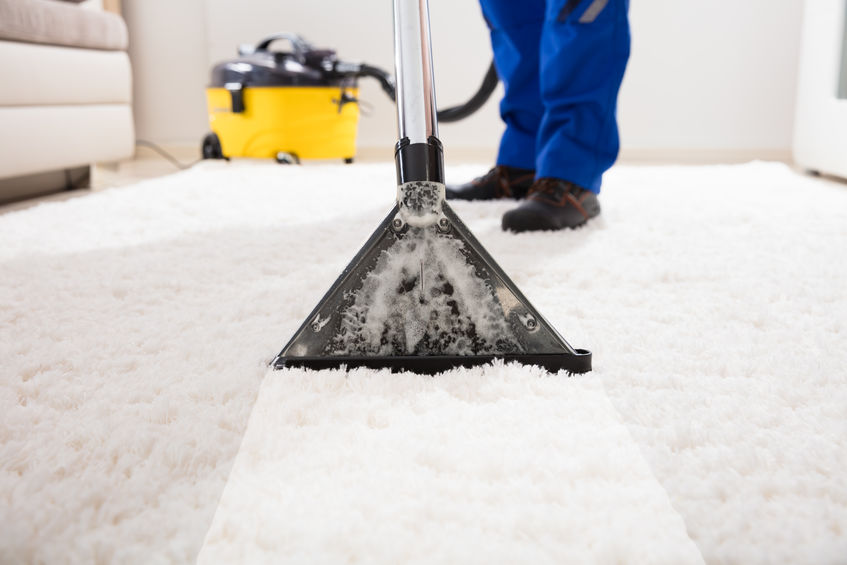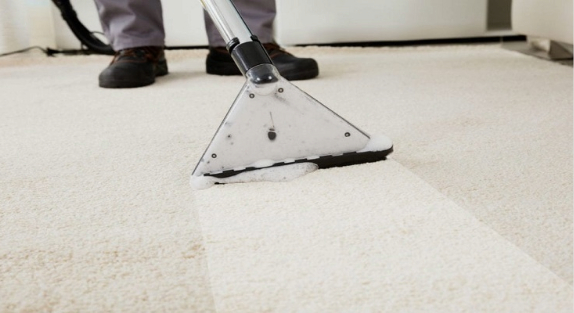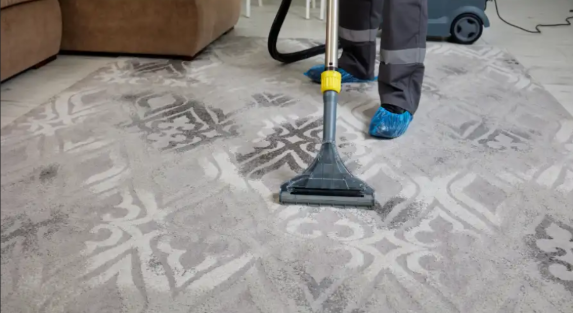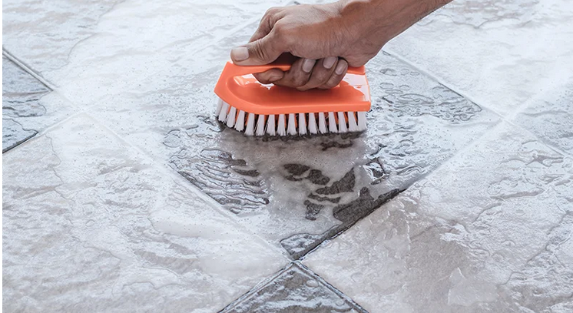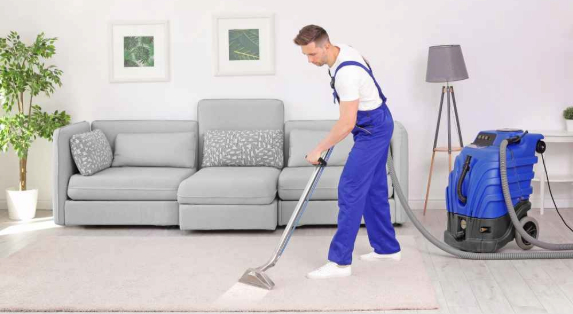
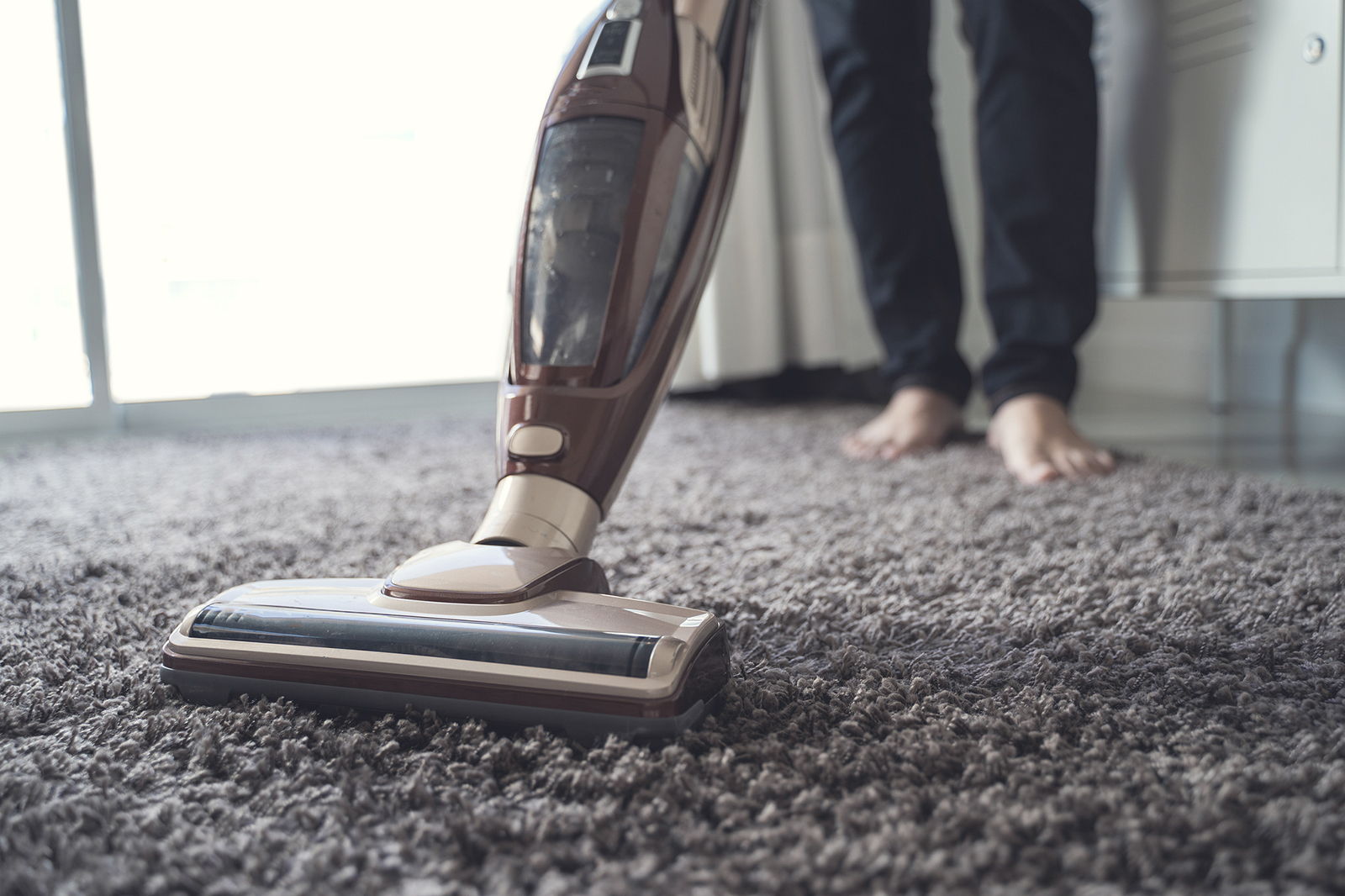
Are You Over-Cleaning Your Carpets? Learn How Often to Clean the Carpets
Carpets are the best décor and add warmth and comfort to our homes. They create a cozy atmosphere for families and visitors alike. The different designs and color options have made them even more popular. However, the question of how often to clean your home carpets can be a bit perplexing. Keeping a clean and healthy environment is must for family members, though over-cleaning your carpets can do more harm than good.
The frequency of deep cleaning your home carpets every 6 to 12 months might seem hectic. However, weekly dry vacuuming of your carpets can contribute to minimizing the maintenance demands of your carpets. The approach of regular vacuuming and professional deep cleaning helps in balancing the looks and texture of your carpets.
In this blog, we'll discuss the factors that influence carpet cleanliness, signs of over-cleaning, and guidelines for maintaining a balance to keep your carpets looking and feeling their best.
You Can Read Also: Protect Your Grout and Tile This Winter with These Comprehensive Cleaning Tips
Understanding the Factors Damaging Carpets:
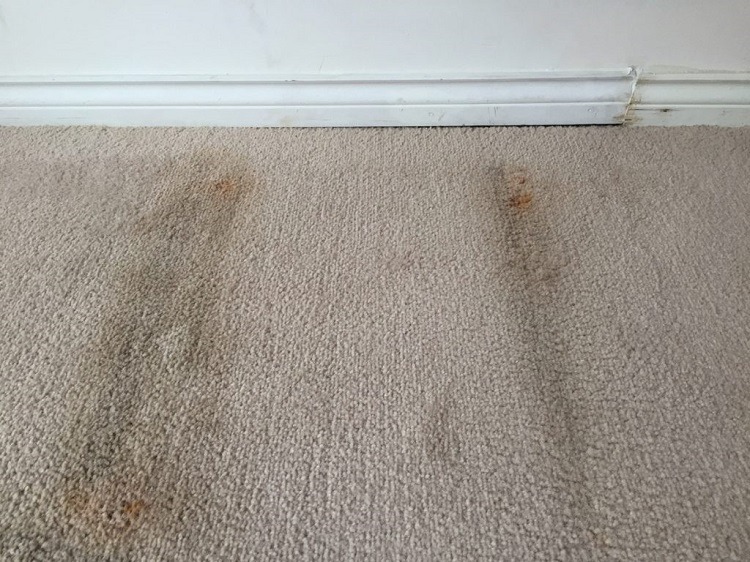
Foot Traffic:
The amount of foot traffic in your home plays a significant role in determining how often you should clean your carpets. High-traffic areas like living rooms and hallways may require more frequent cleaning compared to bedrooms or less frequented spaces.
Pets and Allergies:
If you have pets or family members with allergies, the frequency of carpet cleaning may need to be adjusted. Pet hair, dander, and allergens can accumulate quickly, necessitating more regular cleaning to maintain a healthy indoor environment.
Environmental Factors:
The environment in which you live can impact carpet cleanliness. Homes located in dusty or humid areas may require more frequent cleaning to prevent the build-up of dirt and mold.
Accidental Spills:
Often, accidental spills of fluid on carpets can cause stains. Uncleaned stains can become a habitat for allergens and can easily accumulate dirt. Deep cleaning the stains timely helps to keep your carpets healthy and fresh.
Signs of Over-Cleaning Your Carpets:
Fading Colors:
Excessive cleaning, especially with harsh chemicals, can lead to the fading of carpet colors. If you notice your carpets losing their vibrancy, it might be a sign that you are cleaning them too often.
Thinning and Wear:
Over time, frequent cleaning can wear down the carpet fibers, leading to thinning and a reduction in the carpet's overall lifespan. If you observe signs of premature wear, it's essential to reassess your cleaning routine.
Residue Build-Up:
Some cleaning products leave behind residues that attract dirt, making carpets appear dirtier sooner. If you notice a sticky or crunchy feeling on your carpets after cleaning, it may be an indication that you are overusing cleaning agents.
Guidelines for Balanced Carpet Care:
Regular Vacuuming:
Vacuuming your carpets is a simple task yet most effective way to keep your carpets clean. Aim to vacuum high-traffic areas at least twice a week and less frequented areas once a week.
Professional Cleaning:
Schedule professional carpet cleaning at least once a year to keep your carpets in shape. This deep cleaning helps remove embedded dirt and allergens, prolonging the life of your carpets.
Spot Cleaning:
Clean spills and stains promptly to prevent them from setting in the carpet fibers. Use a mild cleaning solution and blot the stain gently to avoid damaging the carpet fibers.
Use of Carpet Protectors:
Consider using carpet protectors to prevent stains and spills from penetrating the fibers. This can make regular cleaning more effective and reduce the need for frequent deep cleaning.
How often to clean your Carpets
If you are a small family or have a small house and are rarely at home during the day, weekly vacuuming your carpet might suffice. Unlike large families or households with pets, children, and patients, vacuuming twice a week is ideal. "Carpets should be professionally deep cleaned every 6 to 12 months, depending on the usage.
Knowing the Right Time to Replace Your Home Carpet
The average life of carpets is between 5 and 15 years if they receive timely vacuuming, professional deep cleaning, and daily care. The lifespan of the carpets can be much longer if you keep them in good shape. Despite professional cleaning, there are instances where water and allergens entrapped in the padding can foster mold and mildew, turning your carpet into a distorted shape and leaving no option other than getting it replaced.
You Must Read: Carpet Cleaning V/S Steam Cleaning: Which Is The Best Carpet Cleaning Method
Conclusion:
Maintaining clean carpets is essential for a healthy and aesthetically pleasing home environment. However, it's equally crucial to strike a balance and avoid over-cleaning, which can lead to premature wear and other issues. By understanding the factors influencing carpet cleanliness and recognizing the signs of over-cleaning, you can develop a tailored cleaning routine that keeps your carpets looking and feeling their best for years to come.
